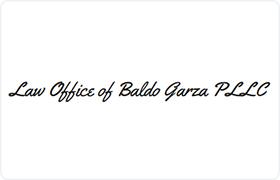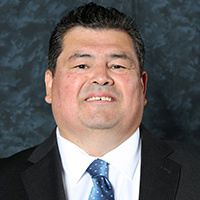Huffman DUI-DWI Lawyer, Texas
Sponsored Law Firm
-
 x
x

Click For More Info:
-
Law Office of Baldo Garza PLLC
11200 Westheimer Rd. Suite 710 Houston, TX 77042» view mapCriminal Defense Law Working With You Every Step
Baldo Garza PLLC has been working together for 15 years and has a proven track record of success. We use that experience to help you down a path to the results you need.
800-691-8350
Katherine Ellen Bihm
Juvenile Law, Family Law, , DUI-DWI, Criminal
Kate Bihm is a well-versed family law and criminal defense attorney who brought her name to the public eye in Montgomery County during her campaign fo... (more)
Tracy McNeill Pullan
Juvenile Law, Domestic Violence & Neglect, , DUI-DWI, Criminal
Conroe, TX Criminal Defense & Appeals Attorney
Tracy McNeill Pullan graduated from the University of Texas, Austin in 1999 with a Bachelor of Arts degree in Anthropology. Following her experiences ... (more)
FREE CONSULTATION
CONTACTTommy L. LaFon
Juvenile Law, Car Accident, Domestic Violence & Neglect, , DUI-DWI
Status: In Good Standing
FREE CONSULTATION
CONTACTStavis Gilbreath
Construction, DUI-DWI, Corporate, Personal Injury
Status: In Good Standing Licensed: 36 Years
Donald Taylor Hueske
Oil & Gas, Energy, Industry Specialties, DUI-DWI
Status: In Good Standing Licensed: 34 Years
 Baldomero Garza III Houston, TX
Baldomero Garza III Houston, TX Practice AreasExpertise
Practice AreasExpertise



